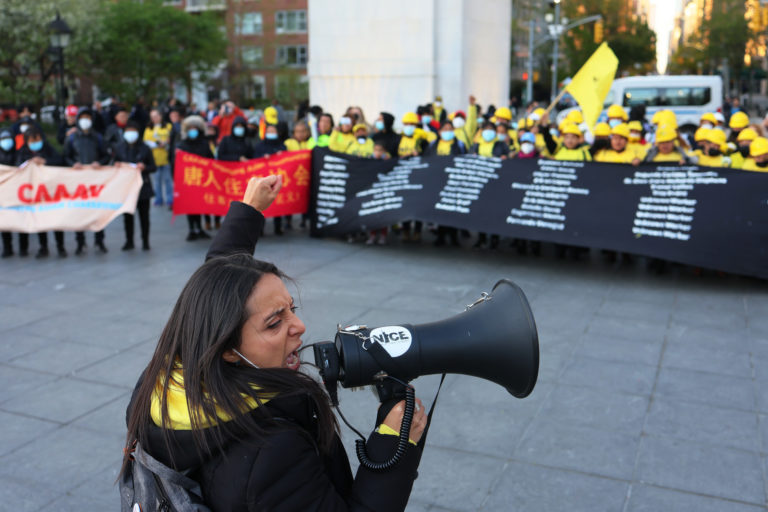Alexander W. Miller is a student at Harvard Law School.
President Trump delivered his first address to Congress last night, in which he called again for increased spending on infrastructure projects and efforts to increase the number of manufacturing jobs in the United States. No details of these plans were provided, though unions and businesses have begun lobbying to secure portions of the predicted infrastructure package. A meeting with television news anchors before the speech partially overshadowed the event, though, with Trump apparently indicating some willingness to discuss an immigration compromise that would allow many undocumented workers to remain in the country.
The Los Angeles Times reports on the growing number of restaurants introducing automated ordering or production to reduce labor costs, including Wendy’s, which just announced that more than 1,000 restaurants will receive self-service kiosks by the end of 2017. The chain’s chief operations officer called the installations an initial step in replacing “repetitive production tasks” with automated systems.
In other news from Washington, as part of an effort to promote job growth through the reduction of regulations, the Trump administration ordered the EPA to begin rolling back an Obama-era regulation that had subjected a number of previously exempt waterways and wetlands to additional pollution standards. Businesses, especially farmers and developers, had objected to the increased burdens the rule placed on economic activity in regulated areas, though sport fishing and hunting groups supporting the rule argue that significant economic benefits have accrued in newly clean waterways.
The teachers union in the nation’s second-largest school system reelected its president, Alex Caputo-Pearl, by a large margin yesterday. United Teachers Los Angeles called the result a clear mandate for Caputo-Pearl’s plans to fight back against school reforms supported by the Trump administration that could harm students and weaken unions through an increased reliance on private and charter schools.






Daily News & Commentary
Start your day with our roundup of the latest labor developments. See all
December 22
Worker-friendly legislation enacted in New York; UW Professor wins free speech case; Trucking company ordered to pay $23 million to Teamsters.
December 21
Argentine unions march against labor law reform; WNBA players vote to authorize a strike; and the NLRB prepares to clear its backlog.
December 19
Labor law professors file an amici curiae and the NLRB regains quorum.
December 18
New Jersey adopts disparate impact rules; Teamsters oppose railroad merger; court pauses more shutdown layoffs.
December 17
The TSA suspends a labor union representing 47,000 officers for a second time; the Trump administration seeks to recruit over 1,000 artificial intelligence experts to the federal workforce; and the New York Times reports on the tumultuous changes that U.S. labor relations has seen over the past year.
December 16
Second Circuit affirms dismissal of former collegiate athletes’ antitrust suit; UPS will invest $120 million in truck-unloading robots; Sharon Block argues there are reasons for optimism about labor’s future.